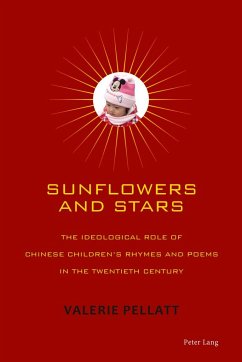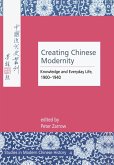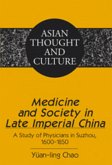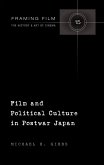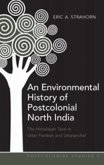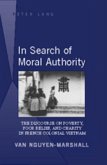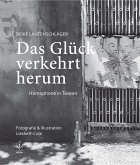This book traces a hundred years of the development of Chinese nursery rhymes, children's rhymes and children's poems from the early twentieth century to the early twenty-first century. It draws on anthologies of traditional and modern rhymes and poems published in The People's Republic of China and Taiwan, exploring the form, function and content of these texts in the light of rapid political change in China.
The role of traditional rhymes is examined within the context of a male-dominated family hierarchy of Confucian thinking that profoundly shaped children's development. The language and literature reforms of the 1920s brought a poetry revolution in China, as authors began to write for children in the vernacular language and offer a purposeful argument against Confucianism, in favour of science and democracy. Literary approaches evolved, first into the socialist-realist approach of the 1940s and 1950s, then into the «three prominences» of the Cultural Revolution. Meanwhile, in Taiwan, children's rhymes promoted the messages of modern science, but maintained a traditional Confucian outlook. In the 1980s, children's poetry in the People's Republic of China began to follow a new direction, in keeping with the new era of cultural and economic liberalization.
This book uses the evolution of the children's poetry genre to provide a fascinating insight into Chinese political, moral and social life in the twentieth century.
The role of traditional rhymes is examined within the context of a male-dominated family hierarchy of Confucian thinking that profoundly shaped children's development. The language and literature reforms of the 1920s brought a poetry revolution in China, as authors began to write for children in the vernacular language and offer a purposeful argument against Confucianism, in favour of science and democracy. Literary approaches evolved, first into the socialist-realist approach of the 1940s and 1950s, then into the «three prominences» of the Cultural Revolution. Meanwhile, in Taiwan, children's rhymes promoted the messages of modern science, but maintained a traditional Confucian outlook. In the 1980s, children's poetry in the People's Republic of China began to follow a new direction, in keeping with the new era of cultural and economic liberalization.
This book uses the evolution of the children's poetry genre to provide a fascinating insight into Chinese political, moral and social life in the twentieth century.

